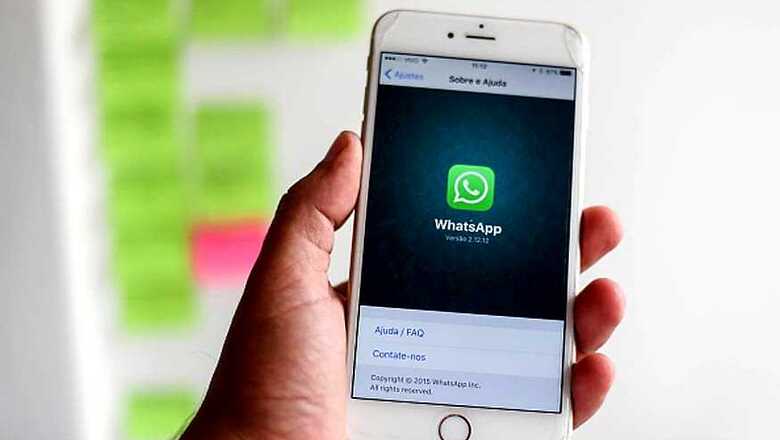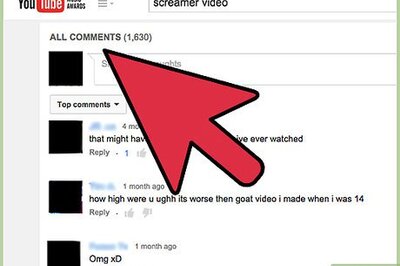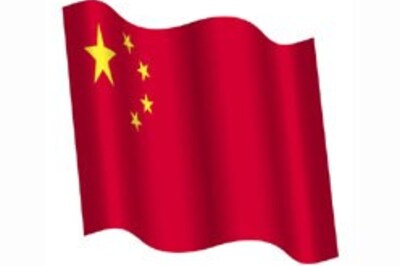
views
The Delhi High Court, while hearing a PIL against WhatsApp's new privacy policy, asked the platform to keep up its claims on user safety. The new policy aims to share WhatsApp user data with Facebook, which acquired the messaging platform in 2014, to communicate with businesses. Responding to the PIL's claim that the policy threatened users' privacy, WhatsApp stated that user data is deleted from its servers once the account is deleted.
While asking WhatsApp to fulfil this promise, the court allowed the new privacy policy to come into effect from September 25. WhatsApp had given users until September 25 to opt out of this policy if they do not wish to share data. The High Court, however, prevented Whatsapp from sharing user data prior to September 25 with Facebook.
Apart from asking data of deleted accounts to be removed from WhatsApp servers, there is little clarity on how this policy would be implemented. The future of data of users who "opt out" of this policy without deleting their accounts and the nature of data that will be shared with Facebook is unclear.
The court asked the government and the Telecom Regulatory Authority of India (TRAI) to examine the feasibility of bringing messaging platforms like WhatsApp under a regulatory framework. Despite this, stakeholders like the Internet Freedom Foundation have called for a comprehensive law on the right to privacy.
On August 25, WhatsApp made extensive changes to its privacy policy. Under the new norm, it announced it would and could share users' personal information, including their phone numbers, with its parent company Facebook.
WhatsApp had given its users a 30-day period to opt out of the new privacy policy which expires on September 25.
The new privacy policy is in stark contrast to the earlier one that existed from July 7, 2012.
The court's order came on a PIL which said privacy of the users was threatened by the new policy announced by Facebook, which now owns the mobile messaging service.
WhatsApp has maintained that it does not retain information of its users on its servers once the account has been deleted by the user. Petitioners' advocate Pratibha M. Singh had opposed WhatsApp's submission saying that user information continues to be retained for a longer period of time even after it is deleted.
(With Inputs From IANS)




















Comments
0 comment